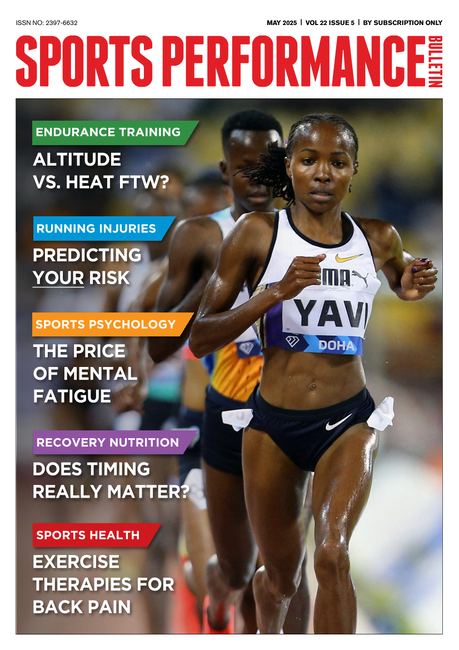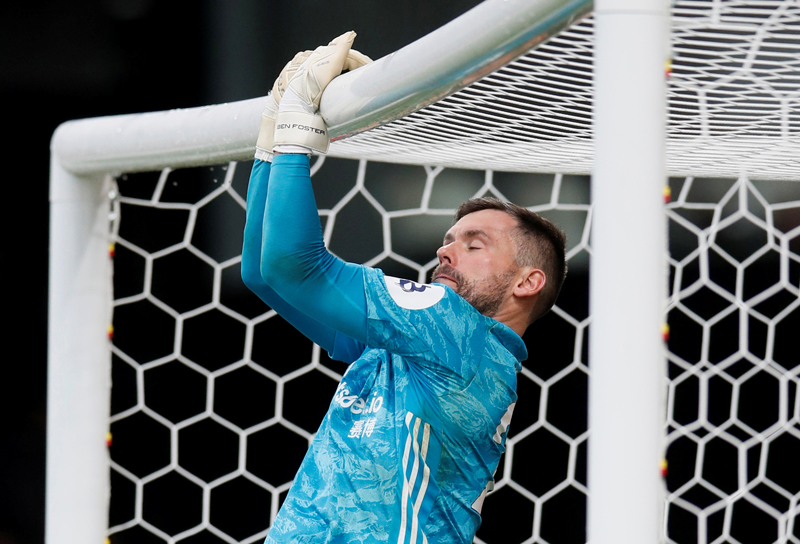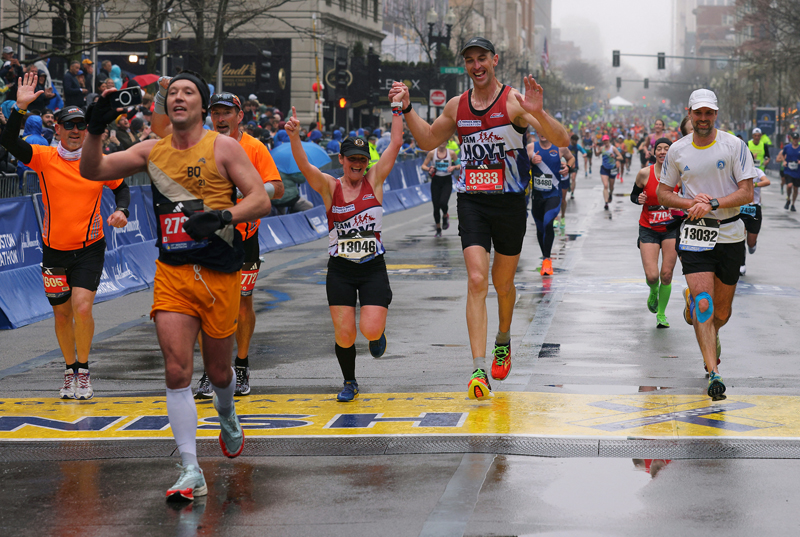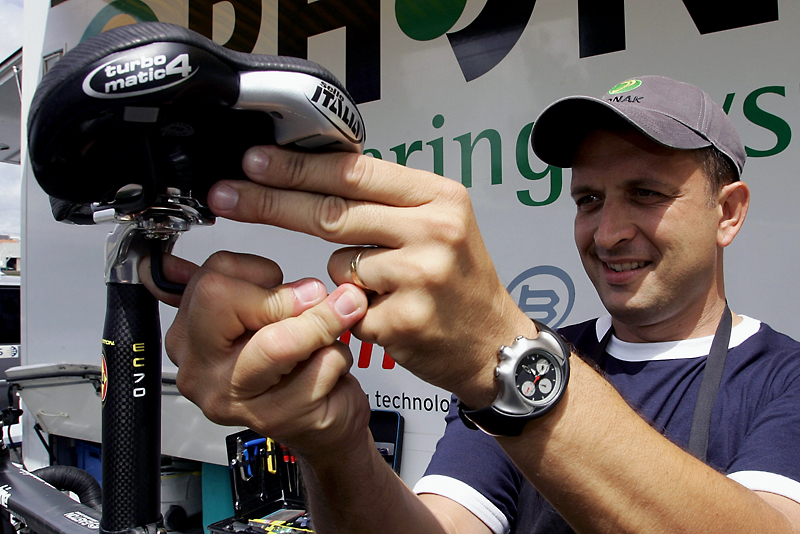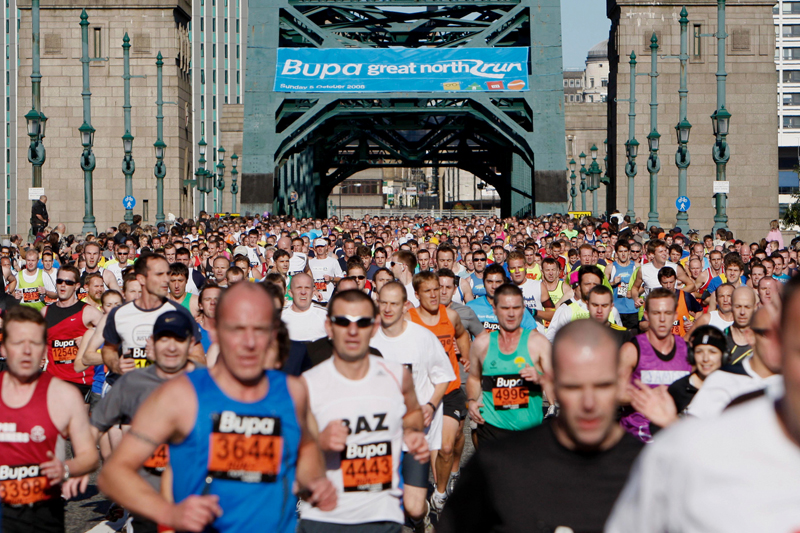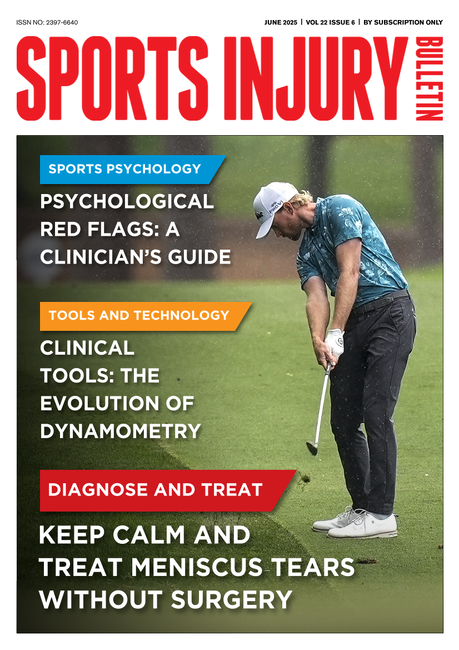Strength training: the true cost of a break
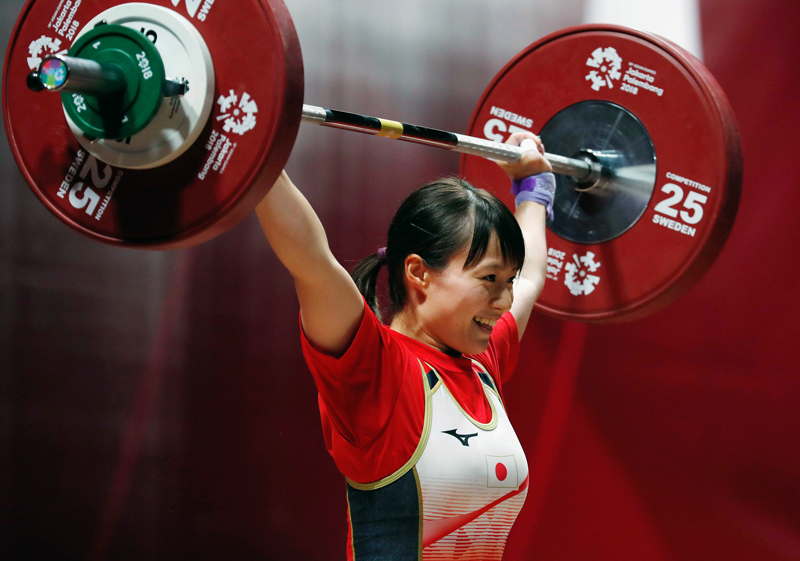
One of the key principles of fitness training is something known as ‘reversibility’. So long as you train, you can maintain and (hopefully) build your fitness levels. However, stop training and your fitness levels will steadily decline – a process known as detraining. This principle of reversibility can be very frustrating for athletes who are prevented from training, either because of injury, illness or because of unexpected events in life that crop up and disrupt our normal routines. However, understanding the process of detraining also informs a successful pre-competition tapering strategy; athletes need to ensure enough rest for maximal recovery, but not so much that detraining begins to occur, which then saps performance.
The speed of reversibility
We know it takes many weeks or months of training to produce measurable gains in fitness, especially once a good fitness base has already been established. So how quickly does reversibility kick in? There’s actually surprisingly little published research on fitness losses during an extended period of detraining (see this article for a more general discussion of detraining). This is perhaps to be expected; after all, it’s very hard to recruit athletes who take training seriously and then ask them to stop training for a month or more! Most of the research that has been carried out on detraining has looked at aerobic fitness losses, which can plummet by 7% in less than two weeks (see figure 1)(1). To compound matters further, the ability to work at a high percentage of maximum aerobic capacity also declines, making the impact on performance even greater.
Figure 1: Typical % decline in aerobic fitness over 84 days of inactivity
You need to be logged in to continue reading.
Please register for limited access or take a 30-day risk-free trial of Sports Performance Bulletin to experience the full benefits of a subscription. TAKE A RISK-FREE TRIAL
TAKE A RISK-FREE TRIAL
Newsletter Sign Up
Testimonials
Dr. Alexandra Fandetti-Robin, Back & Body Chiropractic
Elspeth Cowell MSCh DpodM SRCh HCPC reg
William Hunter, Nuffield Health
Newsletter Sign Up
Coaches Testimonials
Dr. Alexandra Fandetti-Robin, Back & Body Chiropractic
Elspeth Cowell MSCh DpodM SRCh HCPC reg
William Hunter, Nuffield Health
Keep up with latest sports science research and apply it to maximize performance
Today you have the chance to join a group of athletes, and sports coaches/trainers who all have something special in common...
They use the latest research to improve performance for themselves and their clients - both athletes and sports teams - with help from global specialists in the fields of sports science, sports medicine and sports psychology.
They do this by reading Sports Performance Bulletin, an easy-to-digest but serious-minded journal dedicated to high performance sports. SPB offers a wealth of information and insight into the latest research, in an easily-accessible and understood format, along with a wealth of practical recommendations.
*includes 3 coaching manuals
Get Inspired
All the latest techniques and approaches
Sports Performance Bulletin helps dedicated endurance athletes improve their performance. Sense-checking the latest sports science research, and sourcing evidence and case studies to support findings, Sports Performance Bulletin turns proven insights into easily digestible practical advice. Supporting athletes, coaches and professionals who wish to ensure their guidance and programmes are kept right up to date and based on credible science.


